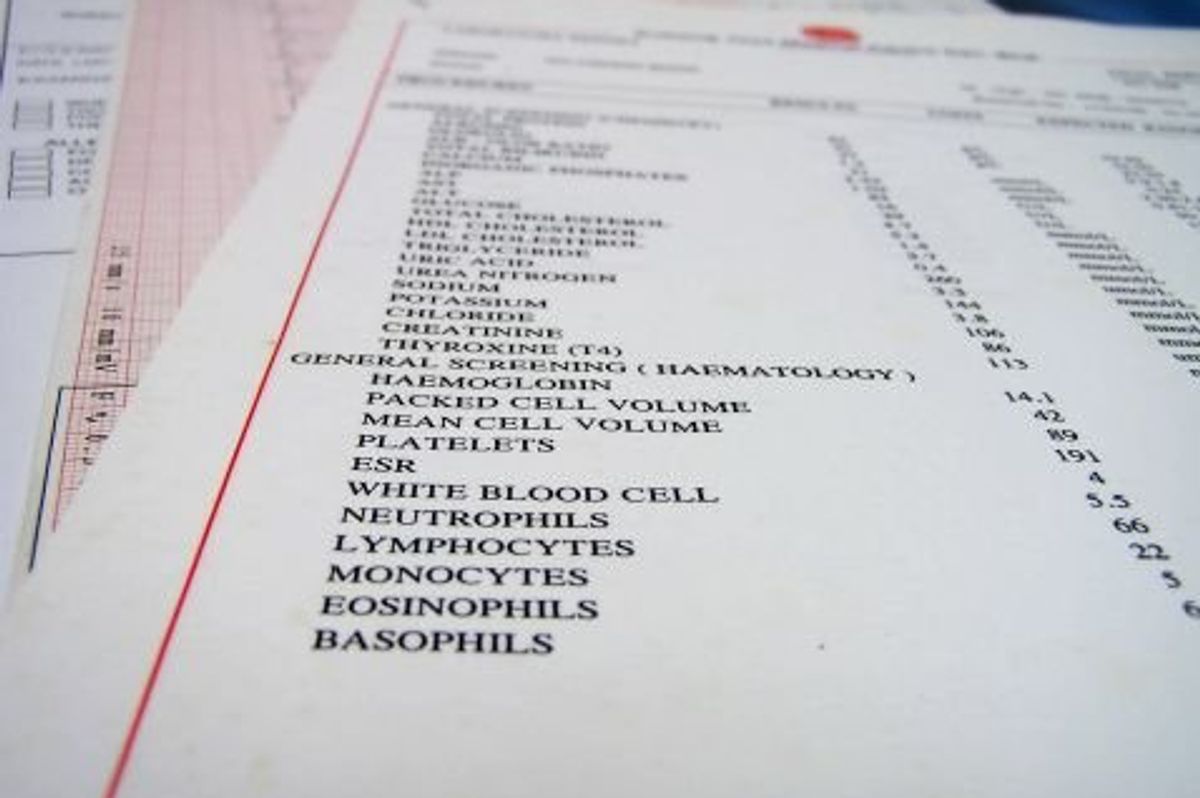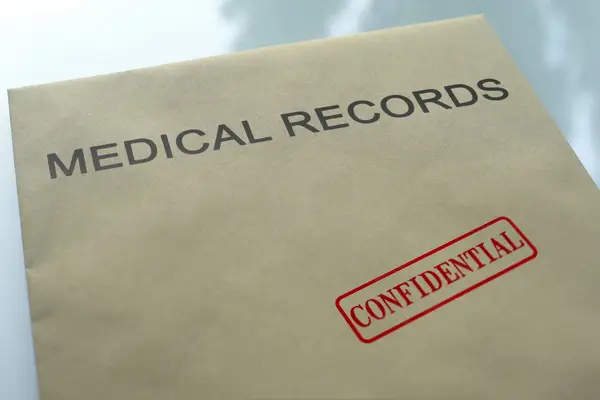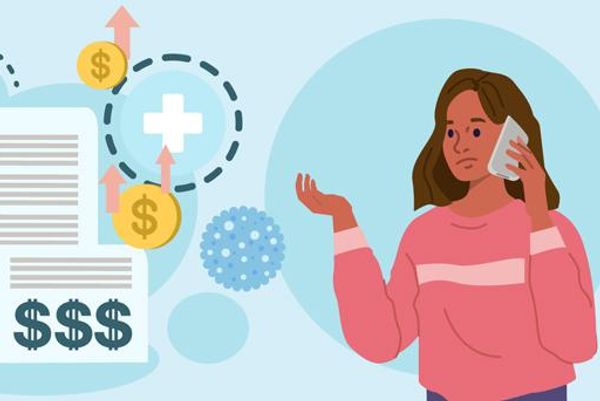The Obama administration recently announced new regulations that allow patients to get laboratory test results without going through their doctors first. These rules, effective Feb. 3, are part of an effort to give patients more control over their health care. They supersede state laws that forbid labs from releasing test results directly to patients.
In some states, patients already had the right to direct access to lab results, while other states required a doctor's permission and some wouldn't allow it at all.
Now, all adult patients can directly get their own lab results and will share responsibility for discussing them with their health care professionals (HCPs).
Some doctors and physician organizations had raised concerns that patients would be unable to interpret lab results without help from HCPs. They feared that a patient might act on a report showing abnormal results, when actually those results could be normal for that particular patient—or could be a false negative or false positive that might require additional testing or analysis.
It would be great if our health care providers always called immediately to discuss our lab results, but sometimes they don't. One study found that 1 out of 14 patients with negative results never received that information from their doctors.
And some health care providers only call patients to report negative results, or they may call and tell you you're in the normal range but don't tell you your exact numbers. If a blood marker is within the range of normal, but is only one point away from a danger zone, I personally like to know so that I can take preventive action, if possible. On the other hand, if I'm solidly within the normal range, I don't need to worry about it. If your HCP calls to tell you your results, be sure and find out your precise numbers.
Interpreting lab results can be difficult. The key thing to know is that if something shows up out of the range of normal, you should contact your HCP and ask about it—if your HCP doesn't contact you first.
A recent blood work lab report I received listed over four dozen measurements. Thankfully, almost all were within the normal range. For the four that were slightly outside of the normal range, there was a “Comment” section at the end giving a bit of additional information. It noted that one score has not yet been cleared by the U.S. Food and Drug Administration, meaning that “the clinical utility of these tests has not been fully established.” That was somewhat of a relief, since my online research about that particular marker yielded very confusing results.
A nurse from my HCP's office did call to discuss my results with me, and we agreed that nothing needed immediate attention, other than to watch my diet and take some extra vitamin D.
I can understand the concerns of health care professionals that not everyone will understand or properly interpret lab test results. That's why we need HCPs. But, for those times when human errors or system errors occur, and those lab results don't get delivered by the HCP, this is a nice backup. Some doctors agree that it will allow for more informed health discussions with patients.
As medical professionals increasingly adopt safe and secure electronic systems, these results can be delivered electronically as soon as they're available. The key to making that work for optimal health is figuring out how medical professionals can be made available to quickly discuss the results with patients.
Maybe this is one of many increasing roles for nurse practitioners and physician assistants. Maybe new mobile or online services will help fill this gap.
As Health and Human Services Secretary Kathleen Sebelius said, "Information like lab results can empower patients to track their health progress, make decisions with their health care professionals and adhere to important treatment plans." And that's a good thing.







